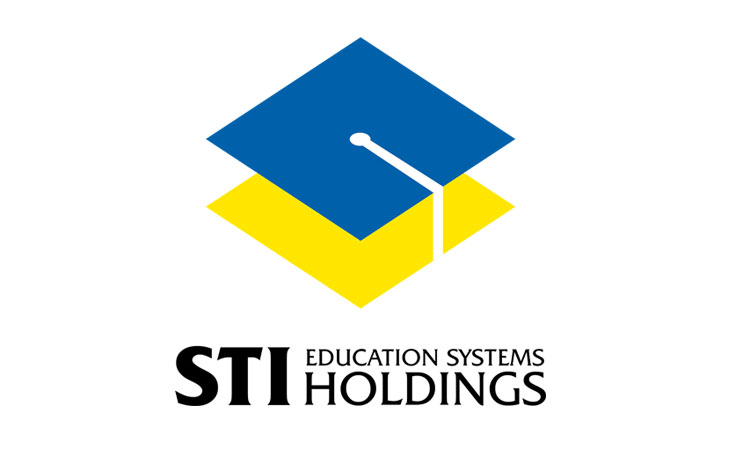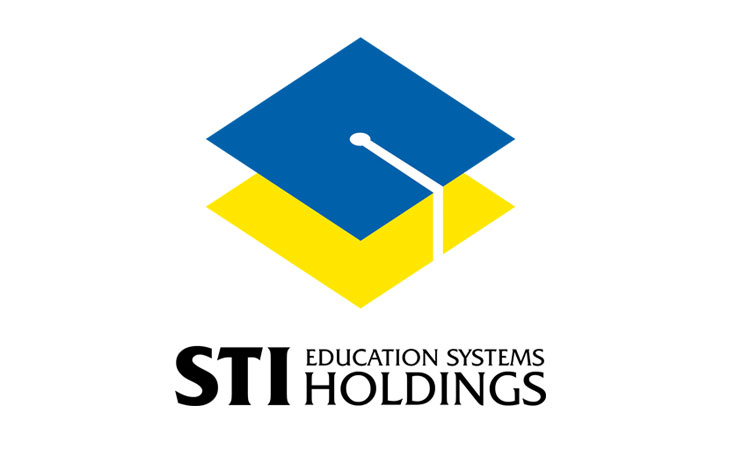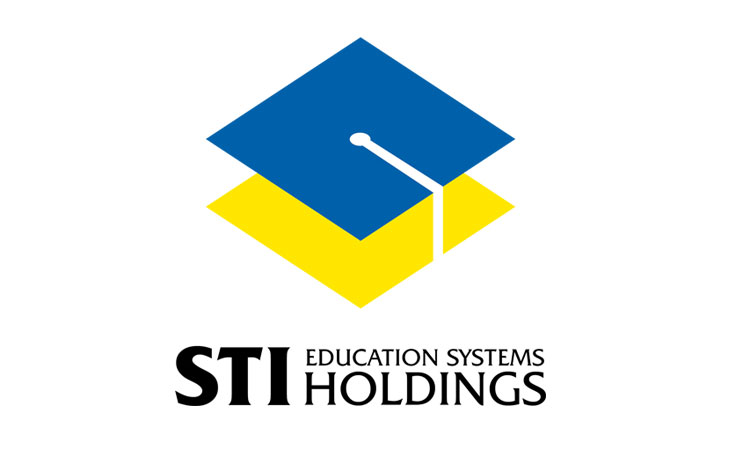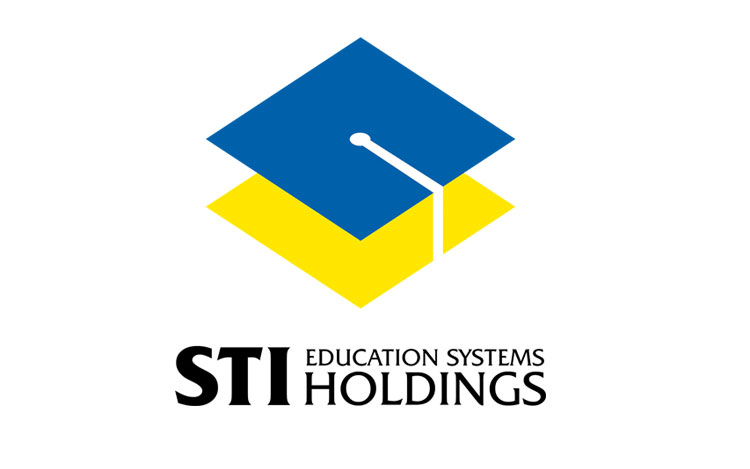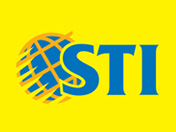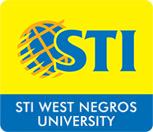Home >
Corporate Governance
Corporate Social Responsibility
Community Extension and Outreach Programs
STI ESG
Given the national reach of STI ESG, the company
has taken it upon itself to hold socially responsible activities that aim to better
the communities that individual campuses belong to, and at the same time, develop
a positive environment that will be beneficial to all stakeholders.
The STI Foundation
The
STI
Foundation aims to contribute to the improvement
of the country’s
educational
system
through programs and projects that address the digital divide and promote excellence in education.
Alternative Learning System (“ALS”)
STI Foundation responded to the call of DepEd for the private sector’s participation and support in its ALS program, a
non-formal education to help learners who wish to complete their basic
education. The ALS program also aims to address the problem in the growing
number of students who drop out of school every year.
STI ESG then reached
out to out-of-school youth aged 15 and above who still have not finished their
secondary education and cannot afford to go through formal schooling. The ALS
sessions are conducted every Saturday and employ blended and collaborative modes
of instruction (face-to-face instructions), e-learning materials (e-Skwela),
and performance-based assessment to prepare and equip the ALS learners with the
knowledge required to pass the Accreditation and Equivalency (“A&E”) Test
given by DepEd. In SY 2016–2017, out of the 94 ALS Learners who took the
A&E test last October 2017, 55 passed the test and received certificates
equivalent to high school diploma. Meanwhile, the A&E test in SY 2017-2018
was postponed to 2019. For SY 2018-2019, 30 ALS learners took the test on
February 24, 2019. Results for this test are expected to be released in May
2019. To date, there are five STI campuses who are currently offering ALS ? STI
Colleges Ortigas-Cainta, Batangas, Lipa, Muñoz-EDSA, and Rosario.
The STI Mobile School
The STI Mobile School
is a fleet of tourist-sized buses that have been converted into roving computer
laboratories. Each bus is equipped with a state-of-the-art computer laboratory
with internet access, multimedia computers, LCD monitors, sound system, and
other top-of-the-line computer equipment.
Since SY
2011–2012 until SY 2018–2019, the STI Mobile School has travelled to 1,213
sites and trained 171,209 participants nationwide. Today, a total of six mobile
school buses travel across Luzon, Visayas, and Mindanao.
Adopt-a-School Program
STI ESG received a Certificate of Appreciation from DepEd for being one of its active partners in the implementation of the Adopt-a-School
program. With this alliance, STI Mobile School or the computer
laboratory on wheels was utilized to provide alternative learning facilities to DepEd’s high schools in
far-flung communities to teach basic skills on computer concepts, GNU Image Manipulation Program
(“GIMP”), multimedia animation,
audio editing, and movie presentation through ICT-enhanced training sessions.
STI Foundation extended assistance to various special community development projects, outreach programs, and humanitarian services
to help tackle the needs of the disadvantaged sectors and other organizations.
In support of DepEd’s Brigada Eskwela
progam, STI Foundation and STI ESG went to Taytay National High School in
Taytay, Rizal on June 3 and 10, 2017 to assist in the clean-up and installation
of computers donated by the DepEd Central Office in the computer laboratory.
Community and Civic Engagements
STI Foundation collaborated with
Caritas Manila’s Segunda Mana Project in the latter’s goal of generating
in-kind donations such as clothes, toys, shoes, and others to be given away to
the recipients of the Caritas Manila. Meanwhile, STI Foundation worked with the
Ortigas Library Foundation and turned over English and Science books to select
provincial public schools and libraries. The Foundation also donated uniforms
to the beneficiaries of the Religious Missionaries of the Divine Savior, the
victims of the Mayon Volcano eruption through the DepEd Central Office, and the
beneficiaries of the National Youth Commission.
Through STI ESG’s partnership with
the National Grid Corporation of the Philippines (“NGCP”), a privately-owned
corporation in charge of operating, maintaining, and developing the country’s
state-owned power grid, STI Foundation facilitated the installation and regular
maintenance of computer units donated by NGCP to 34 public elementary and high
schools nationwide during SY 2017-2018. Maintenance of the computer units
for these public schools continued in SY 2018-2019.
On April
21, 2017, STI Foundation inked a Memorandum of Agreement with Jollibee Foods
Corporation (“JFC”) and launched the Agroenterprise Training for Farmer
Facilitators. With the help of the courseware learning materials developed by
STI, Jollibee Foundation trained agroentrepreneurs facilitators so the latter
will be able to organize farmer clusters that shall provide the vegetable
supply to various JFC distributors, retailers, and institutional markets.
One Million Lapis Campaign
STI Foundation worked with the
DepEd, DSWD, Department of Interior and Local
Government (“DILG”), and other agencies in support of the One Million Lapis
campaign organized by the Council for Welfare of Children (“CWC”). This
advocacy aims to collect one million pencils to be given to underprivileged
students in elementary schools nationwide. STI Foundation along with the STI
ESG network of schools turned over more than 35,000 pencils to DepEd and CWC on
November 20, 2016.
STI
WNU
The English Department of STI WNU
extends its expertise in TESOL in Puroks/Barangays where out-of-school youth, willing mothers
and pupils need extra help in English.
English teachers take turns in teaching English for Speakers
of
Other Languages (“ESOL”) to
these children as well as to their mothers. This is conducted during weekends until
their Christmas Party in December. This project has been ongoing since 2009.
STI WNU
also continues to conduct outreach activities in its partner communities in Purok Tunggoy, Mandalagan,
and Brgy. Banago, Bacolod City and a partner
school in Granada, Bacolod City, the
Vista Alegre Granada Relocation Elementary School
(“VAGRES”) and ABKASA National High School.
The intervention focused on education
program especially for the pre-school children and Alternative Learning System
classes for the Out of School Youth. STI WNU facilitated the construction of
the one-storey building for the Pre-school classes in VAGRES. The building was
the result of an innovation project of the College of Engineering known as the
Ecoblocks, wherein empty polyethylene therephtalate bottles were used as major
materials in the said construction project.
In 2013, STI WNU had the “Care and Share
for Yolanda Survivors” project following the huge devastation brought by Super Typhoon
Yolanda on November 8, 2013. The project is a collaborative effort of the Wesnecan
Community and the Protestant Church of Laichingen in South Germany through its volunteer
student Nadja Gruhler. A total amount of P3
million was raised and was then used to fund relief operations and the “Rehabilitation
and Recovery Shelter for Yolanda Survivors Homestay Program” at Purok Kantamayon
Brgy. Patao in Bantayan Cebu. From SY 2013-2014 until SY 2014-2015, over 93 houses
were built and turned over, materials for 40 partially damaged houses were also
turned over, and 43 partially damaged houses were repaired. Training sessions
on various topics such as Home Stay Project: Spiritual Development, Basic Tips
on How to Start a Business, and Costing and Basic Recording were also conducted
for the locals. Other trainings in SY 2015-2016 included: Lecture on Proper Hygiene, Proper Handwashing
and Brushing of Teeth (December 16, 2015), Happy Tummy: An Orientation on
Proper Food Preparation (December 16, 2015), Lecture on Ecological Waste
Management (August 8, 2015) and Lecture on Community Relations (October 26,
2016).
Since 2016, the University’s Community
Extension Office had been active in various projects that made an impact on the
neighboring communities. These included: Monitoring of Solid Waste Management
(“SWM”) implementation during the Panaad sa Negros Festival; collaboration with
LGUs and private companies for the International Earth Day Celebration; Tree
Growing and Community Immersion in Kalipay Village, Cadiz Viejo; Let’s Do It
Philippines Orientation for the International Coastal Clean Up Drive; and Tree
Growing Project at VAGRES.
The University has likewise been
involved in the implementation of the Alternative Learning System (“ALS”) for
several barangays within Bacolod City. This project, a collaboration with the
Department of Education and Verlanie Foundation. KAWSA Organization, was
created and organized with participation of students.
In 2018, the Twelve Teachers
Thousand Lives Project was launched in partnership with the Municipality of La
Castellana. In line with the purpose of
producing more educators, deserving students were given scholarships to take up
Bachelor of Science in Education.
In September 2018, with the
participation of different barangays in Bacolod City and the Agriculture
Training Institute (“ATI”), the Urban Gardening Project was implemented.
Participating residents and students took online courses. More than two hundred
graduated from the Basic Urban Gardening Course.

